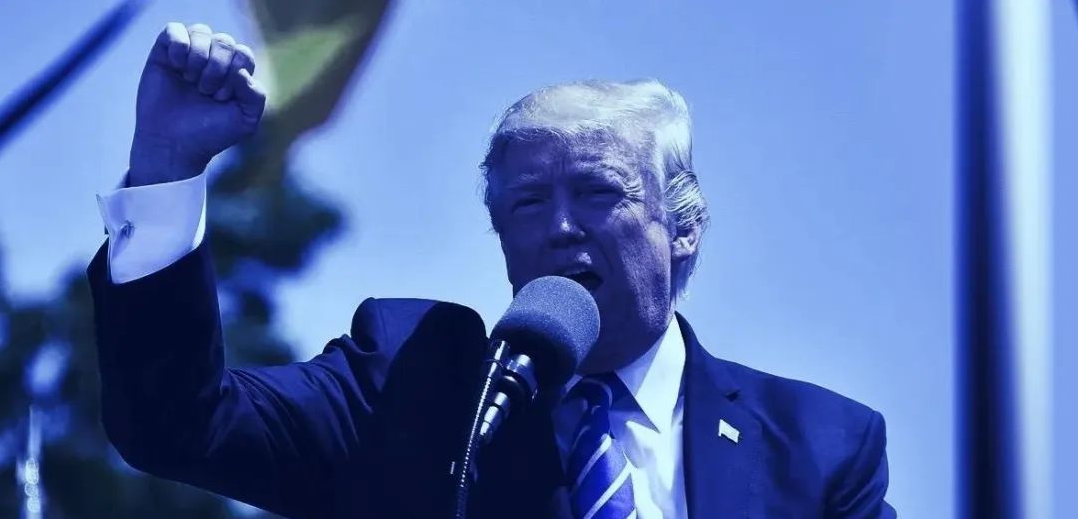Korean media: 97% of the Korean exchanges are on the verge of bankruptcy, and the project side seeks overseas currency
According to local media reports in South Korea, the vast majority of cryptocurrency exchanges in the country are on the verge of bankruptcy due to low transaction volume:
“Only five or six Korean exchanges are among the top 100 in the world. It is no exaggeration to say that 97% of Korean exchanges face the risk of bankruptcy due to the small volume of transactions.”

Although the report did not provide detailed data support, at least one cryptocurrency exchange in South Korea this year has been closed due to the decline in trading volume: a representative of Coinnest revealed that its cessation of operation is "a natural consequence of the decline in trading volume." The representative also mentioned “regulatory issues and business decisions”.
- The report shows that the stable currency platform is the first Ethereum, and the second is the bit stock.
- A shares | China Construction will soon set up a blockchain financial platform, the stock price reached a new high within a year and a half
- Received more than 100 million US dollars in cryptocurrency, Fidelity announced 4 years of cryptocurrency charity record
The Korean exchange has insufficient liquidity, and the project party seeks overseas currency.
In addition, the low trading volume of the Korea Exchange has led to an increasing number of domestic cryptocurrency startups seeking to trade on overseas exchanges, including the US and Singapore. It is reported that the overseas currency market has matured: the report also pointed out that Overseas cryptocurrency exchanges have begun to open the Korean won market to attract Korean cryptocurrency projects."
Currently, both Binance Labs and BW.com have shown great interest in attracting these Korean projects: BW.com plans to open the Korean won market by the end of this month to attract cryptocurrency investors in the country.
Two years brought great changes
It is reported that the factors leading to overseas currency exchange are not only the liquidity problem of the Korean exchange, but the country's cryptocurrency exchange is also facing an increasingly severe market environment. For example, domestic investors cannot directly remit Korean won on the exchange.
In addition, in addition to the four large transactions, there are 200 smaller exchanges that “cannot open real-name virtual accounts”, which makes cryptocurrency holders unable to obtain investor protection.
Compared with two years ago, the Korean cryptocurrency market has undergone major changes. Part of the reason is the country’s strict control over the industry.
As of December 2017, it is estimated that 20% of the world's bitcoin trading volume comes from South Korea; at that time, the Korean people were caught in cryptocurrency fanaticism, so that South Korean Prime Minister Lee Nak-yeon called the bitcoin transaction "a serious morbid phenomenon. ".
We will continue to update Blocking; if you have any questions or suggestions, please contact us!
Was this article helpful?
93 out of 132 found this helpful
Related articles
- How much does it cost to maintain a blockchain startup?
- Hat analysts wearing XRP "mainstream coin speculation" also cautiously viewed it
- QKL123 market analysis | The strong rebound of the cottage currency, bitcoin attacked 11,000 US dollars (0819)
- Babbitt Column | Xiao Wei: Why do I object to the market value management "virtual currency"?
- Why did Litecoin fall 25% after halving? Analysts say the downtrend will change
- Solidity programming language: strings, arrays
- BTC prices are overvalued? What is the psychological price of institutional investors?






